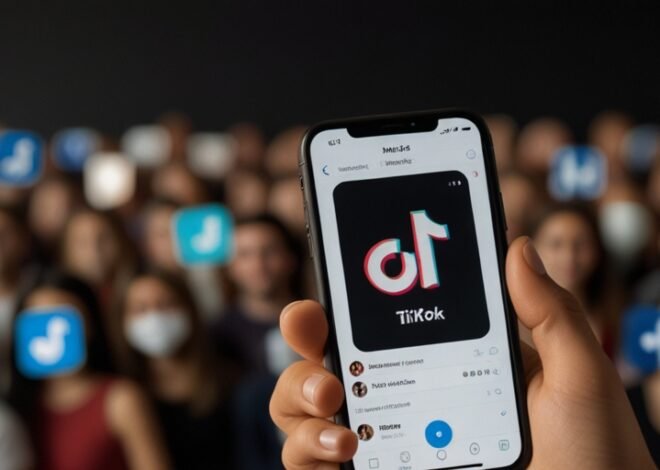
Ethical AI And Content Moderation Take Center Stage In Social Media Debate
The dynamic discourse circling around the ethical AI and content moderation issue has led to an all-time high in the social media landscape, where platforms, users, and regulators are all confronted with the conundrum of managing online content at scale. With artificial intelligence increasingly central to content moderation, the public discourse has activated debates on bias, transparency, and accountability.
The giants of social media have poured in AI-based content moderation systems, talking about their ability to go through the process of identification and removal of toxic content very quickly. However, these systems have been called into question for their inadequacies, which include the detection of false positives that label benevolent content unsafely and the biases that are favorable to certain user groups. The cases of incompetence by AI moderation have fed calls for a more transparent and human-led moderation system.
The discussion has been motivated by the recent worldwide events, which have been the feast for popular social media sites in the fight against misinformation and extremist content. The critics argue that AI-controlled moderation systems are incompetent on the part of human communication and the infusion of cultural context, which results in inconsistency in the enforcement of platform policies. All this has led to an increased demand for a combined approach, which brings together AI capabilities, human judgment, and cultural expertise.
Some platforms have reacted to these concerns and started to experiment with new content moderation models that lay more emphasis on transparency and user input. These methods include the publication of full reports on moderation decisions, the creation of user-led moderation councils, and the implementation of appeal processes for content removal decisions. Despite being one of the most welcomed efforts, some are of the opinion that they do not address the profound challenges of content moderation at scale.
AI powered censoring poses threats beyond just the ubiquitous fact-check issue, like surveillance and censorship in authoritarian states. The increasing threat of the government’s use of AI for surveillance and censorship has caused the local authority to introduce and ask for international standards and guidelines concerning the usage of AI in content moderation that would focus on the security and freedom of the content user.
The public discourse over ethical AI and content moderation also acts as a hotbed of growth and innovation when it comes to the tech industry. A number of companies joined the startup niche with the goal of creating AI moderation tools that are not only transparent but also hold AI accountable. These organizations are introducing innovative techniques such as sharing the AI models with the user community and explainable AI technology, which enables moderation decisions to be challenged and understood through dialogue.
As the discourse around ethical AI and content moderation develops, it is clear that the main challenge for social media will be finding a ground between effective moderation and user rights. The end product of this contest is going to decide what space online communication will take in the time to come and how technology will inform the public discourse.


